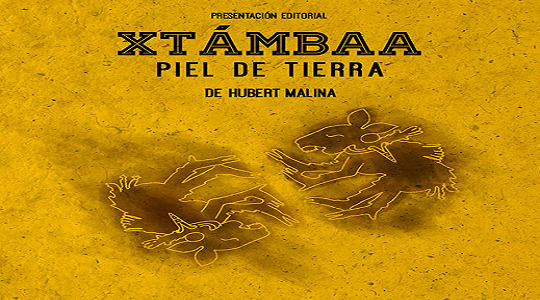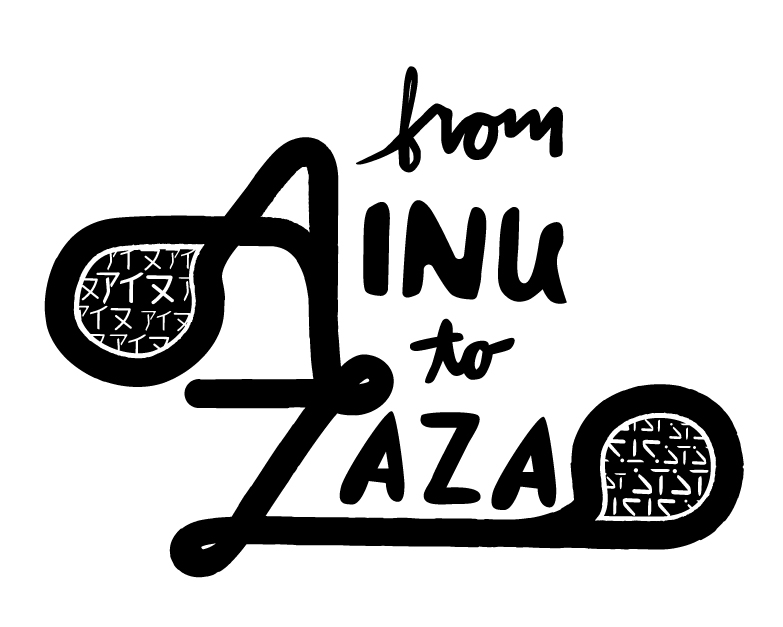In a 2015 Washington Post article on the state of world languages, Rick Noack and Lazaro Gamio note that of the roughly 7000 languages currently spoken on the planet, almost half that number—some 3500—are expected to die out by 2100. Although the authors themselves do not make such a connection, when they state that “Linguistic extinction will hit some countries and regions harder than others,” the areas they designate as those that stand to be hardest hit (Native American reservations in the Western and mid-Western US, the Amazon rainforest, sub-Saharan Africa, Oceana, Australia, and Southeast Asia) coincides roughly with a map of where global capitalism has increasingly sought to expand its reach into indigenous communities during the first few years of the 21st century. As evidenced by conflicts such as #NoDAPL in the US and the dynamiting of a sacred Munduruku site to make was for a dam in the Brazilian Amazon, the extinction of languages and cultures all too frequently goes hand-in-hand with state sponsored development projects that forcibly eject indigenous peoples from their ancestral lands in the name of national progress. When one comes to an understanding that language death is as much an economic as it is a cultural phenomenon, where do indigenous peoples, cultures, and languages fit within 21st century nation-states, if at all?
In comparison with many other countries in Latin America and the rest of the world, contemporary indigenous literatures from Mexico are notable precisely for this delicate dance between the Mexican state, a major sponsor of indigenous literatures since the late 1970s, and indigenous authors whose literary, linguistic, and political aims tend to diverge from those of their state-sanctioned patrons. In particular, the bilingual format of virtually all indigenous literatures published in Mexico during the past 40 years speaks to the realities of a complex relationship in which authors seek to represent themselves to themselves and their communities in their native languages, while simultaneously making these same selves intelligible to non-indigenous outsiders living in their same country.


